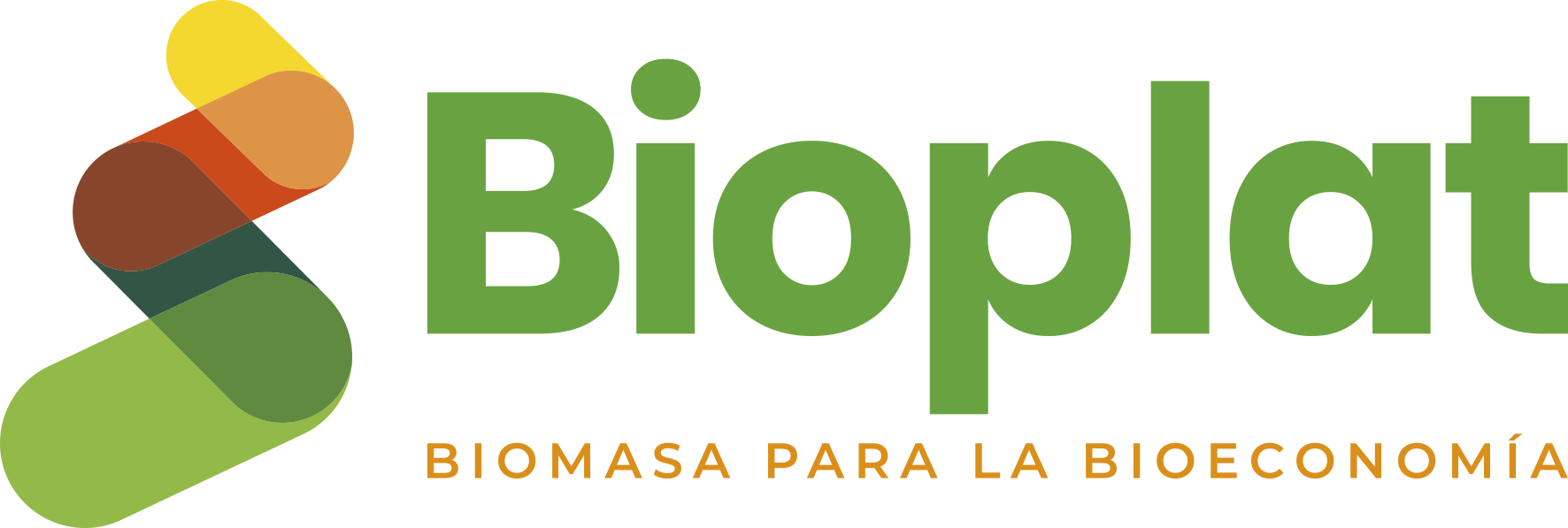10 Jul 2013
EIBI Conference 2013 – Innovative sustainable bioenergy technologies are crucial to meet energy & climate targets
Innovative sustainable bioenergy technologies are crucial to meet energy & climate targets
The European Industrial Bioenergy Initiative (EIBI) of the Strategic Energy Technology Plan, the SET-Plan, aims to bring to commercial maturity the most promising technologies, in order to permit large-scale, sustainable production of advanced biofuels[i] and highly efficient combined heat and power from biomass. These innovative bioenergy technologies using non-food biomass feedstock are necessary to achieve the political targets of energy security and climate change mitigation within the European Union. In order for this to happen, innovative bioenergy demonstration and flagship projects based around seven technology bioenergy value-chains (see images below) need to be built. These plants are at the core of the EIBI Implementation Plan.

- EIBI thermochemical value chains

EIBI biochemical value chains
The implementation phase started effectively in 2011 with a Call of Expression of Interest, which showed the industrial readiness for advanced bioenergy large-scale demonstration and first-of-its-kind plants. A number of these plants are now being supported by EU FP7 calls, by two ERA-NET+ actions and by the first call of the NER300 instrument.
With a proposed revision of the RES Directive published in October 2012, the Commission has made a firm start in the transition to biofuels that deliver substantial greenhouse gas savings. This proposal sets the regulatory framework needed to facilitate the financing of large-scale deployment of these more sustainable technologies, which follows on from successful demonstration of the technologies.
The first edition of the EIBI Conference in 2012 showed that there is an agreement among the stakeholders that bioenergy will continue to be an important contributor to the energy mix. However, two major concerns were raised by industry and civil society: (i) the need to have a stable regulatory environment, which is a prerequisite for the substantial investments necessary to build sustainable bioenergy plants; (ii) the need for environmental sustainability to be conformed to, including the ILUC aspects.
In this second edition of the EIBI Conference, they have built on the themes of last year, while focusing on the most relevant current issues. First, thay have explored the question of sustainability of bioenergy production via the innovative EIBI value-chains. Second, they have examined how bioenergy can bring socio-economic benefits especially to rural areas. Finally, they have talked about the difficulties that companies are facing in raising finance for first-of-a-kind advanced biofuel plants, and they have presented the on-going reflection on innovative financial instruments to cope with these high-risk projects in Horizon 2020.
Presentations of the 2nd EIBI conference can be seen in the links below:
EIBI (European Industrial Bioenergy Initiative)
COGEN Europe (The European Association for the Promotion of Cogeneration)
EBTP (European Biofuels Technology Platform)
Directorate for Agriculture and Rural Development – European Commission
EIB (European Investment Bank)
The MEC Biorefinery – The MEC Consortium
[i] Advanced Biofuels are those (1) produced from lignocellulosic feedstocks (i.e. agricultural and forestry residues, e.g. wheat straw/corn stover/bagasse, wood based biomass), non-food crops (i.e. grasses, miscanthus, algae), or industrial waste and residue streams, (2) having low CO2 emission or high GHG reduction, and (3) reaching zero or low ILUC impact.
